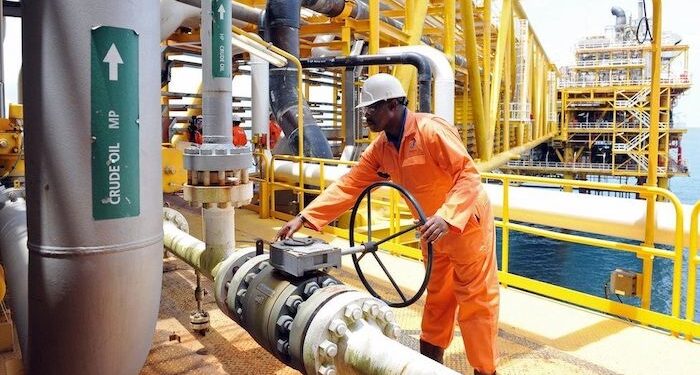NNPC Exploration and Production Limited (NEPL), a subsidiary of the Nigerian National Petroleum Company Limited (NNPC), has announced that it will require approximately $4 billion in investment annually to increase Nigeria’s crude oil and gas production over the next five years.
According to NEPL, the company will need about $20 billion in total capital and operational expenditures by 2030 to meet its ambitious targets.
The company aims to increase its crude oil production to over 370,000 barrels per day (bpd) by 2025 and expand this to 550,000 bpd by 2027, a significant jump over the next three years.
In a panel discussion at the recently concluded Nigeria International Energy Summit (NIES) in Abuja, NEPL’s Managing Director, Nicolas Foucart, stated that in addition to the oil production goal, the company is also targeting a rise in gas production to 3 billion cubic feet (bcf) per day by 2027.
However, NEPL’s approach to oil production differs from NNPC’s other upstream operations, which include Joint Ventures (JVs), Production Sharing Contracts (PSCs), and Service Contracts (SCs) managed by the NNPC Upstream Investment Management Services (NUIMS).
While Nigeria has struggled in recent years to meet its OPEC production quota, the country is now approaching its 1.5 million bpd allocation, with prospects for gradual improvements.
Foucart highlighted that despite the growth potential, securing funding remains a major challenge. However, NEPL has developed a strategy focused on sustainable production, cost optimization, and decarbonization.
“Our target for 2025 is an average production of 373,000 barrels per day, and we plan to raise this to 550,000 bpd over the next few years,” Foucart shared. He emphasized that the company operates about 65% of its oil production and 50% of its gas output.
He further explained that while NEPL will largely rely on self-funding through generated profits, it will also seek external financing, particularly from financial entities providing technical services on certain assets.
The company’s funding strategy also involves reinvesting earnings rather than distributing dividends, focusing on the long-term sustainability of projects and the development of its assets.
Foucart elaborated on NEPL’s transformation program, which is set to address the root causes of past underperformance and implement solutions to boost efficiency, such as improved maintenance of rotating equipment and pipeline integrity.
With a long-term vision in place, NEPL has been shifting from short-term solutions to sustainable practices, including a careful selection of rigs and infrastructure that can be utilized across different assets.
In the past 12 months, NEPL’s production has increased by 30%, rising from 244,000 barrels per day to 310,000 bpd, moving closer to the 370,000 bpd target for 2025.
In a related development, Seplat’s CEO Roger Brown discussed the company’s recent acquisition of assets from Mobil Producing Nigeria Unlimited (MPNU). He revealed that only one-third of the acquired wells are currently in production, with plans for an extensive infill drilling campaign to unlock additional output from the remaining wells.
Brown also praised the Nigerian Upstream Petroleum Regulatory Commission (NUPRC) for successfully handling multiple divestment applications, a significant achievement for the industry.
Meanwhile, Akachukwu Nwokedi, President of the Nigerian Gas Association (NGA), called for sustained transparency and investor-friendly policies in the gas sector, highlighting the need to harmonize regulations across the value chain to reduce operational costs and encourage more investments.


